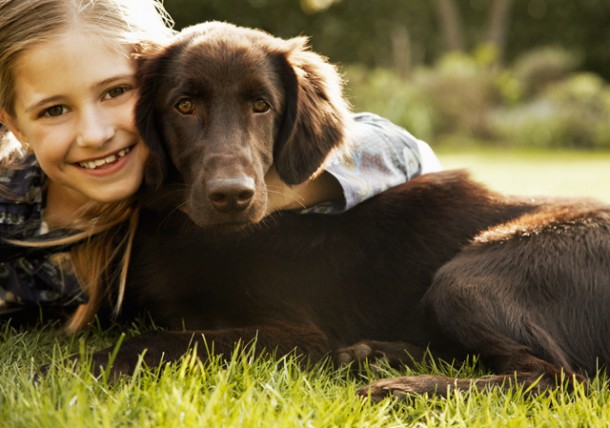Leptospirosis: Serious and Preventable

Leptospirosis, or “lepto” for short, is a bacterial infection that is spread through the urine of common wildlife species (e.g., rats, mice, raccoons, possums and deer) that frequent our yards throughout Texas, even in suburban areas. Dogs can contract the infection when they come in contact with areas where these wild critters have urinated while traveling through our yards and other outdoor areas. The infection can lead to kidney and liver infection, which can sometimes be fatal.
The evolution of leptospirosis
Leptospirosis is not a new disease, but it has changed form slightly over the years. The strains that we used to vaccinate for with older versions of vaccines are no longer the main culprits. New strains, or serovars, emerged in the early 1990s and became the leading serovarsA group of closely related microorganisms distinguished by a characteristic set of antigens. that caused disease. When this happened, the older vaccines were no longer protective against the newer strains. The older vaccines were also associated with a fairly high rate of allergic reactions. Therefore, the vaccine fell out of favor, and many practitioners stopped recommending it.
Vaccinating against leptospirosis
Fortunately, a newer vaccine is now available that includes the most common strains of concern here in Texas. The new vaccine is performing well in regard to safety in studies done before it was released and also in practice. Veterinarians have seen very few allergic reactions to this vaccine.
Any at-risk dog should be vaccinated for leptospirosis. In reality, this means most dogs. It only takes one exposure to infect a pet, and even mostly indoor dogs can be exposed during casual activities in their own backyard. Dogs that are at no risk or low-risk and therefore would not need the vaccine would be “purse dogs,” those that rarely touch the ground outdoors and use potty pads or litter boxes in the house.
Veterinarians base vaccinations on lifestyle and follow the American Animal Hospital Association (AAHA) guidelines. If a puppy is vaccinated for leptospirosis, the vaccine is often administered at the third and fourth sets of shots as part as the puppy vaccine series. If your pet is older than 12 weeks and lives in an area with leptospirosis occurrence or has exposure to wildlife (e.g., in greenbelts, lakes, ponds), then your pet should be protected against this disease. Discuss your dog’s lifestyle and activities with your veterinarian so it can be determined whether your dog should receive the vaccine.
If you decide not to vaccinate your dog against leptospirosis, then please learn about the disease to familiarize yourself with symptoms and become aware of possible exposures to your pets, yourself and your family. Early treatment can cure many cases, but if not treated rapidly and aggressively, this disease can be fatal.
Dr. Celeste Treadway practices veterinary medicine in Austin, Texas.

